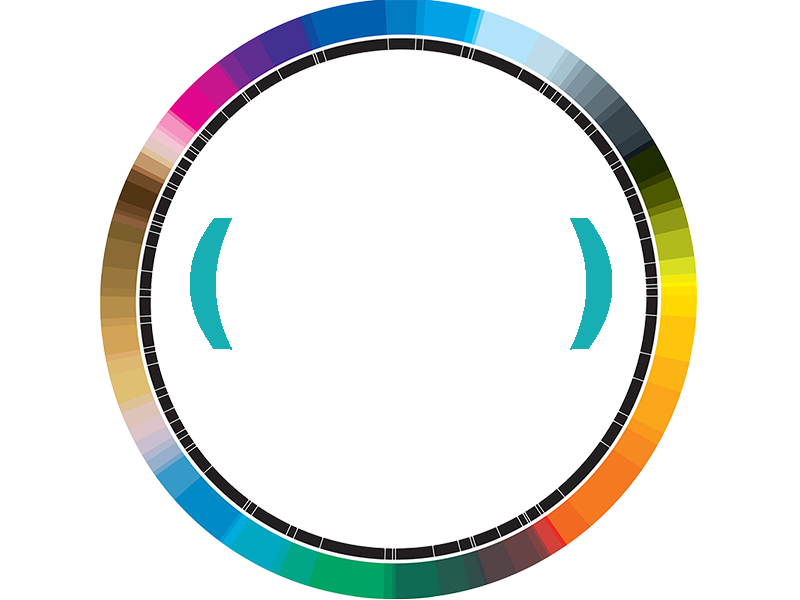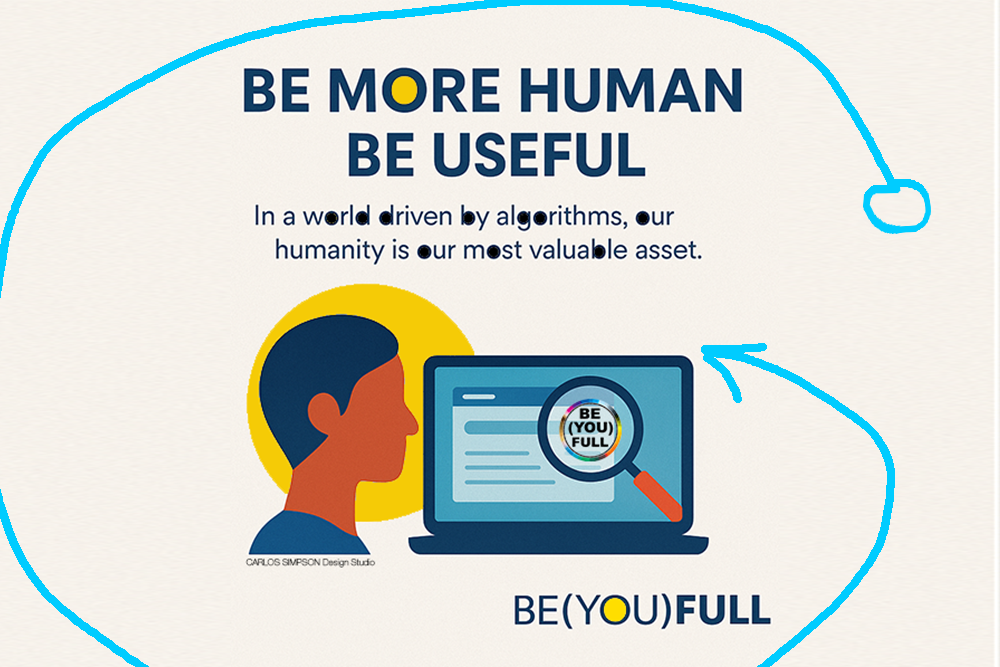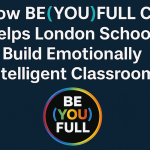Be More Human – Be Useful
- By BE.YOU.FULL
- In Blog
A BE(YOU)FULL article on how humans, algorithms and AI intersect for purpose, dignity and agency.
🌍 Introduction: Why Humanity Must Lead
In an age where algorithms and artificial intelligence (AI) increasingly shape decisions, experiences and opportunities, the question for us at BE(YOU)FULL CIC is simple yet profound: how can we be more human and more useful amid an algorithm-first world?
Our mission is clear: to help young people and communities discover agency, creativity and purpose. Our vision: a world where mentoring, design, and technology empower rather than diminish human potential. Our goal: leverage every tool, including AI, to enhance human dignity and capacity.
As research shows, algorithm-driven systems aren’t soul-neutral. They inherit human values, data biases and hidden logics. At BE(YOU)FULL, we believe the human dimension must be at the heart of any meaningful algorithmic system.
1. Algorithms Don’t Replace Us – They Amplify Us
A recent meta-analysis shows that human–AI collaboration doesn’t automatically outperform humans or machines alone; in many decision-making tasks, combining them underperforms.
What does this mean for us? It means humans must lead with our judgement, our empathy, and our curiosity. Where machines excel at speed, scale and pattern recognition, humans excel at context, values and meaning. The best systems treat AI as a tool, not a replacement.
At BE(YOU)FULL we say:
Be more human. Be curious, creative, and reflective, then be useful.
Use technology not to sideline your humanity, but to amplify your humanity.
2. The Real Algorithm is Human Behaviour
The phrase “human algorithm” isn’t metaphorical; it’s literal. Behavioural leadership, emotional intelligence and ethical action form the hidden code that defines how technology is used, how communities respond and how change happens.
We might ask: what is our internal algorithm? How do we respond when we’re worried, alienated, disconnected? How do we activate when we’re empowered, supported, and part of something bigger?
At BE(YOU)FULL we model this behaviour via mentoring, co-design and active community work so that the human algorithm reflects care, connection and growth, not just efficiency or output.
3. AI Without Values is Hollow
Algorithms are increasingly embedded in healthcare, hiring, finance and education, but they inherit our biases and blind spots.
Thus, being useful means embedding human values at every stage: fairness, solidarity, inclusion, and purpose. One scholar argued solidarity should be a core principle of AI development.
For BE(YOU)FULL, that means that every mentoring programme, every creative tool and every digital intervention is grounded in these values:
-
Empathy over exploitation
-
Inclusion over exclusion
-
Agency over automation
4. First Page of Search Engine? Serving the Human
If you’re reading this aiming for SEO, ranking on the first page of Google means one thing: you’re meeting humans’ needs. The algorithms (like RankBrain) evaluate signals, relevance, quality, and user intent.
To be useful is to serve the humans behind the search: the mentor seeking a resource, the young person seeking connection, and the educator searching for inclusion.
So this article doesn’t exist for Google alone; it exists for you, each human reader. The algorithm is simply the delivery system.
5. How to Practice “Be More Human – Be Useful”
Here are five practical steps you can apply today:
-
Start with questions, not answers. Before deploying a tool, ask, “Whose lives will this affect?”
-
Build trust in digital spaces. Transparency, accountability and human oversight matter when AI tools act.
-
Co-design with humans. Involve the people affected (mentors, students, communities) in shaping the tool or programme.
-
Amplify your human skills. Storytelling, empathy and creativity – these are your edge in an algorithmic world.
-
Measure impact, not just outputs. Purpose, growth and agency matter as much as KPIs.
Conclusion: The Invitation to Humanity
Yes, algorithms, AI, and digital platforms matter. But they only matter when they serve us, not replace us. At BE(YOU)FULL we believe in this invitation: be more human. Then be useful.
In this fusion lies the real power: when human values meet human tools, the outcome is not just efficiency; it’s impact, connection and meaning.
Whether you are a mentor, a young person stepping into leadership, or an organisation navigating algorithmic change, this is your moment. One click doesn’t define you; your human choices do.
Be human. Be useful. Be full.
Be More Human - Be Useful - FAQs
Five reflections on empathy, usefulness, and what it means to act with humanity and purpose.
What does it mean to be more human?
Why is being useful more powerful than being successful?
How can I be more human in a digital, fast-paced world?
What stops people from being genuinely human?
How do I start living this philosophy today?
- Share:
You may also like
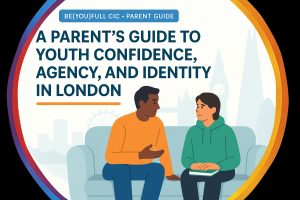
A Parent’s Guide to Youth Confidence, Agency, and Identity in London
- December 1, 2025
- by BE.YOU.FULL
- in Blog
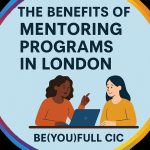
The State of Youth Mentoring in London 2025

